Latest GOP repeal bill slashes North Dakota’s Medicaid funding by $677 million
(BISMARCK, ND) – A new report from the nonpartisan Center for Budget and Policy Priorities shows that the latest Republican health care repeal bill – known as Cassidy-Graham-Heller – would reduce North Dakota’s Medicaid funding by $677 million over the next decade, increasing costs for families and jeopardizing coverage for over 90,000 North Dakotans who rely on Medicaid, including approximately 36,000 children.The CBPP also found that Cassidy-Graham-Heller would gut coverage for pre-existing conditions, while another report by the Kaiser Family Foundation found it would impose an age tax on older Americans, allowing insurers to charge them up to 5 times more for coverage.
“After months of outcry in North Dakota and all across the country, Republicans in Washington, D.C., still haven’t gotten the message,” said Democratic-NPL chairwoman Kylie Oversen. “Repealing health care for millions of families, slashing funding from Medicaid, and dismantling protections for North Dakotans with pre-existing conditions is deeply irresponsible and unethical. This latest, last-ditch effort at repeal is strikingly similar to other recent repeal bills, all of which were overwhelmingly criticized by medical organizations nationwide and in North Dakota, all of which were deeply unpopular across the country and in North Dakota, and none of which mustered enough support to pass through Congress. North Dakotans should demand to know where their leaders – including those vying for elected office – stand on issues that have such an immediate and potentially devastating impact on our livelihoods.”
Leading health care organizations including the American College of Physicians have already come out in opposition to the Cassidy-Graham-Heller repeal bill, which they say would “cause a significant increase in the number of uninsured patients and [would] undermine essential benefits provided for patients insured under current law.”

